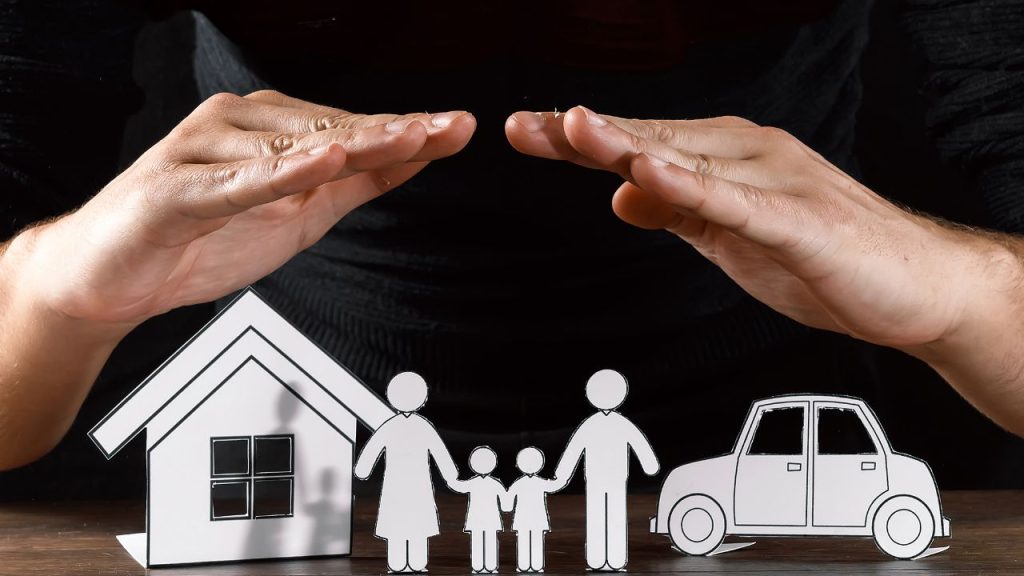The Impact of Memes and Internet Culture on Legal Cases and Perspectives

Whatcha thinkin’ bout? Internet culture, memes, and their impact on legal cases, of course! We all know that the internet has changed our lives in more ways than we can count, but have you ever stopped to consider how memes and internet culture have affected the courtroom? This article dives deep into the ways in which memes and other online phenomena have been used by both prosecutors and defense attorneys in legal cases, as well as how they’ve influenced our perspectives on the law.
Memes As Evidence
Yup, you read that right – memes have been used as evidence in legal cases. In fact, there have been instances where memes and social media posts have been critical to a case’s outcome. For example, in a 2016 case, a man was charged with second-degree assault after posting a meme that showed a police officer being run over by a car. The jury found the meme to be a “true threat” and the defendant was sentenced to 22 months in prison.
Digital Footprints
With all of us leaving digital footprints all over the internet, it’s no wonder that some of these traces have been used in court. Defense attorneys and prosecutors alike have used social media posts and memes to establish a defendant’s state of mind or to discredit witnesses. And while the legalities of using social media evidence can be a bit murky, it’s hard to deny that this type of evidence can be incredibly powerful in shaping a case.
Don’t Let Memes Ruin Your Life
Sure, sharing a funny meme might seem harmless, but it’s important to remember that what you post online can have serious consequences. As evidenced by the 2016 case mentioned earlier, something as simple as a meme could land you in hot water with the law. So, think twice before you hit that “share” button.
Memes Influencing Juror Perspectives
It’s no secret that the internet has a way of changing our minds – and that includes our opinions on legal matters. As memes and internet culture become increasingly intertwined with our daily lives, it’s not surprising that they could potentially influence juror perspectives.
Viral Social Media Campaigns
Whether it’s a hashtag or a viral video, social media campaigns have the power to sway public opinion – and that includes opinions on high-profile legal cases. For instance, the “#FreeBritney” movement gained traction online and likely played a role in the increased scrutiny on Britney Spears’ conservatorship case. Similarly, the “#MeToo” movement has likely influenced the way jurors view sexual harassment and assault cases, potentially making them more sympathetic to victims.
The Double-Edged Sword
While the power of social media campaigns to influence public opinion can be a tool for justice, it can also be a double-edged sword. In some instances, viral campaigns can lead to a rush to judgment or a “trial by social media”, where the internet mob declares someone guilty before all the facts have been presented in court. This can be especially problematic when it comes to jury selection, as potential jurors may already have a prejudiced view of the case.
The Role of Internet Culture in Legal Defense Strategies
In some cases, defense attorneys have turned to internet culture and memes to build their strategies. This can be seen as both innovative and risky, depending on the circumstances.
The_Donald and the “Meme Defense”
In a 2019 case, a man was charged with assaulting a protestor at a political rally. His defense attorney argued that the defendant was influenced by the “meme culture” of the subreddit The_Donald, which had been known for its violent and provocative content. The attorney claimed that his client was influenced by the “toxic culture” of the subreddit and that he should not be held fully responsible for his actions. While the jury ultimately found the defendant guilty, the case raises interesting questions about the potential influence of internet culture on our actions and the extent to which it can be used in a legal defense.
The “Affluenza” Defense
While not specifically related to memes or internet culture, the infamous “affluenza” defense is another example of how societal influences can be used in legal arguments. In this case, a teenager was charged with killing four people in a drunk driving accident. His defense attorney argued that the defendant’s wealthy upbringing had left him with a sense of entitlement that prevented him from understanding the consequences of his actions. The jury bought the argument, and the teen was sentenced to probation instead of prison. This controversial case demonstrates the power of societal factors in shaping legal defense strategies.
Memes and Internet Culture: A Double-Edged Sword in the Legal World
So, what’s the takeaway from all this? Memes and internet culture can have a significant impact on legal cases, both as evidence and in shaping perspectives. As with any powerful tool, this influence can be both positive and negative. While it’s clear that memes and internet trends will continue to play a role in the legal world, it’s important for all of us – from the casual meme-sharer to the professional Richmond injury attorney – to be aware of the potential consequences of our online actions.
FAQs
Can memes really be used as evidence in court?
Yes, memes and social media posts have been used as evidence in legal cases, often to establish a defendant’s state of mind or discredit witnesses.
How might memes influence juror perspectives?
Memes and viral social media campaigns can sway public opinion, which in turn can influence how jurors view a particular case.
Can internet culture be used as a legal defense?
In some cases, defense attorneys have argued that their clients were influenced by internet culture, such as the “meme defense” mentioned earlier. However, the success of such arguments is not guaranteed.
What are the potential consequences of sharing memes and engaging in internet culture?
Sharing memes and engaging in internet culture can have legal consequences if the content is seen as threatening or incriminating. Additionally, online actions can influence public opinion and potentially affect the outcome of legal cases.
In Conclusion: A Brave New World
As the internet continues to play an ever-increasing role in our lives, it’s important to be aware of the potential legal implications of our online actions. From memes being used as evidence to the influence of internet culture on juror perspectives, the digital world has undoubtedly changed the landscape of the legal system. So, the next time you come across a meme that seems a little too edgy or a viral campaign that has everyone talking, remember that the impact of these online phenomena extends far beyond your screen.



